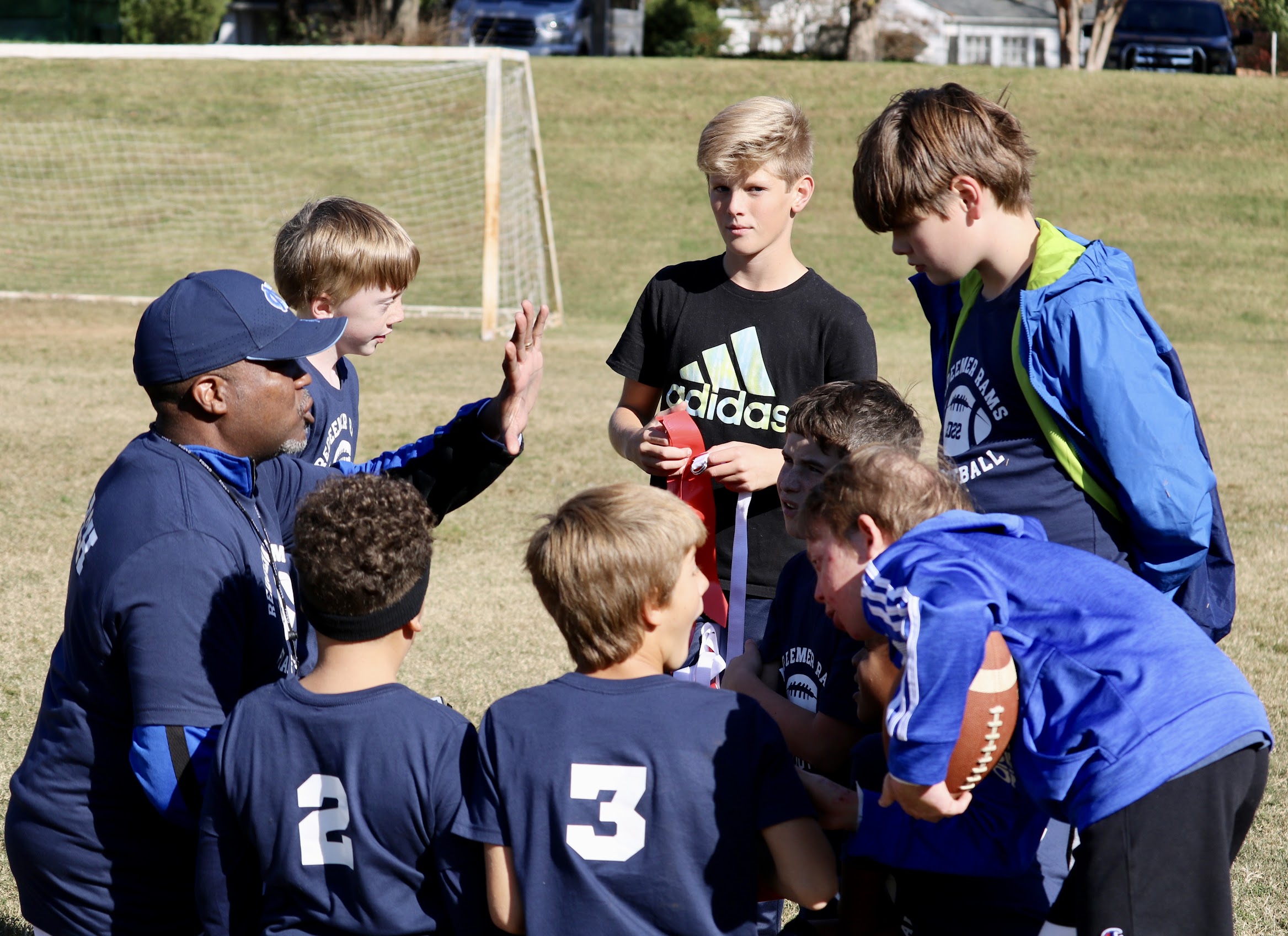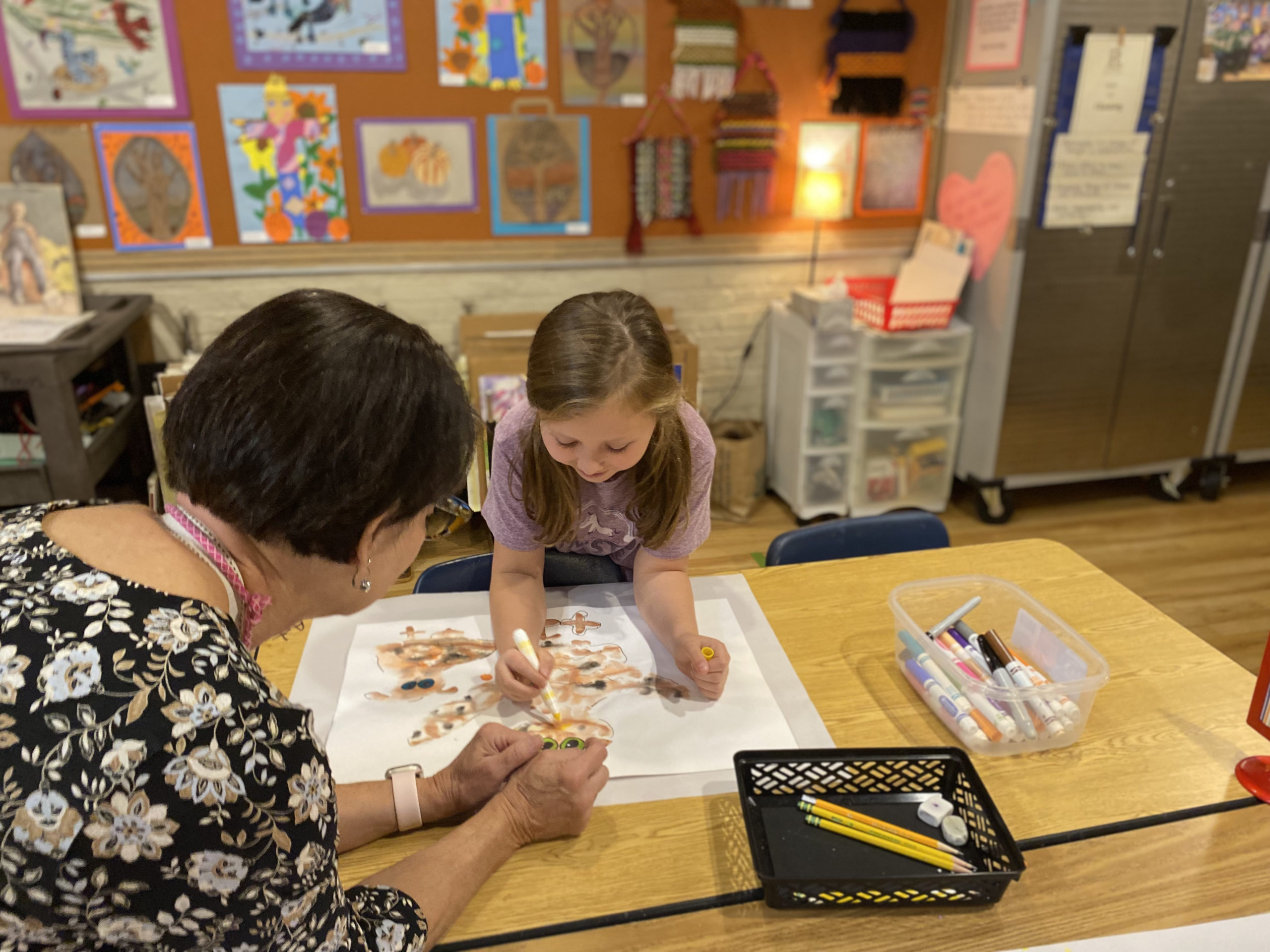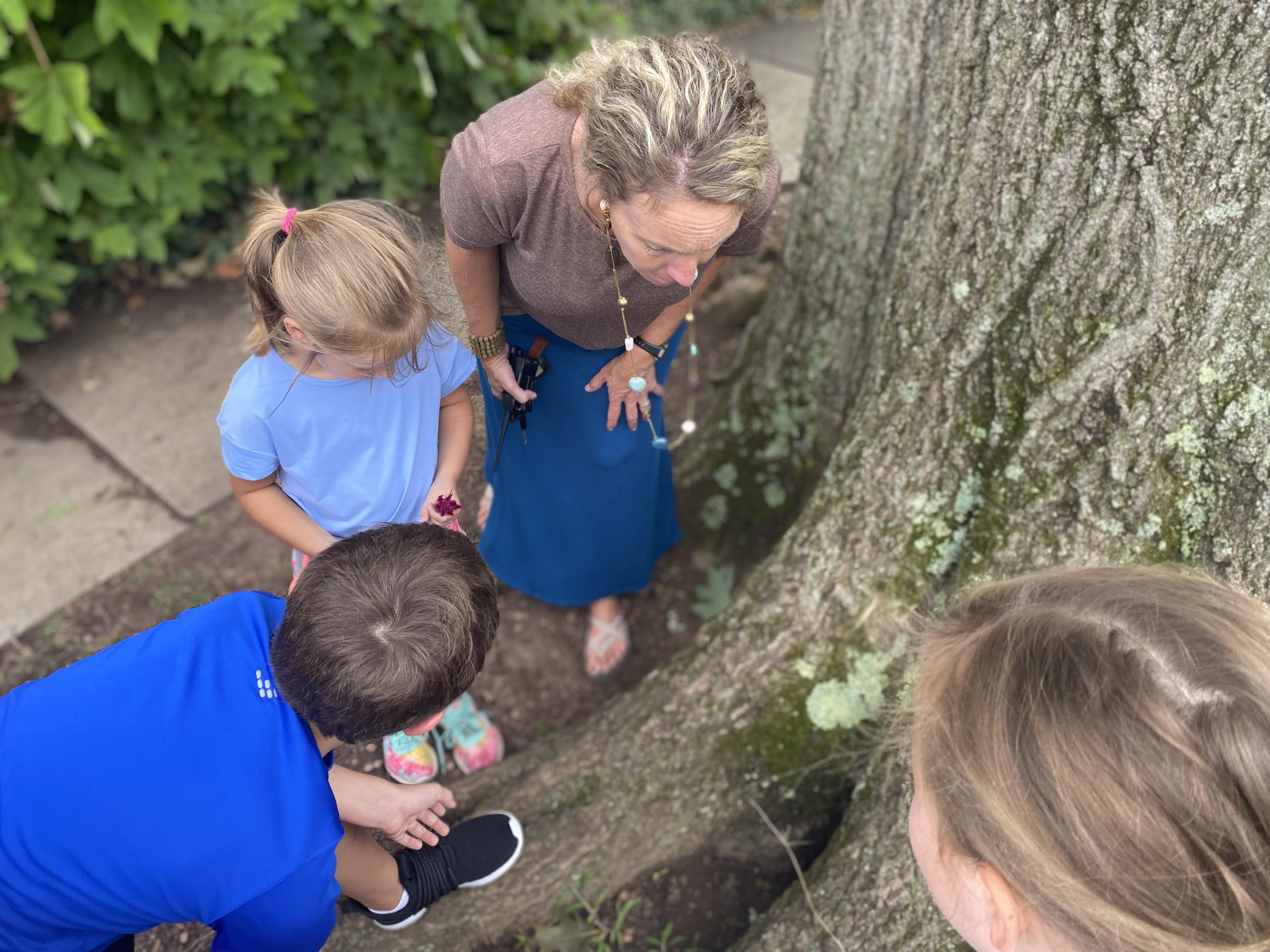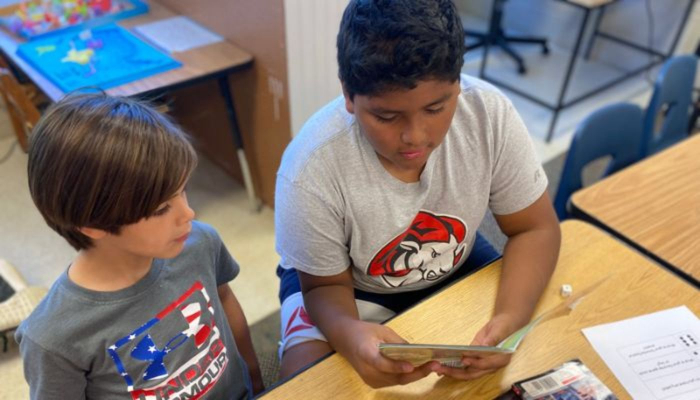By Loryn Faile, Head of School, Redeemer School
Each New Year brings a renewed focus on our hopes and expectations for personal growth, change, and development, for our families and us. As we make (or avoid) resolutions and goals, we come head to head with our tendencies and underlying beliefs about our capacity for learning new skills and habits.
In the early 2000s, researcher Carol Dweck coined the term growth mindset as the opposite of a fixed mindset. A fixed mindset sees our intelligence, talent, abilities, and even habits as fixed traits that are unable to change. In a fixed mindset, we perceive that being unsuccessful at a task, responding incorrectly to a question, or making mistakes will cause others to think less of our abilities. This can lead to anxiety, unwillingness to take risks, and basing our identity on our performance.
When we believe that our intelligence, abilities, talents, and habits can grow and develop, we have a growth mindset. A growth mindset opens the way to develop a love of learning, a willingness to take risks, and resilience that’s necessary for all aspects of life. Growth mindsets gravitate toward challenges and see mistakes as necessary learning opportunities for accomplishing goals.
The growth mindset concept has been widely accepted, researched, revised, and applied in homes as well as in educational, athletic, and professional settings. At Redeemer School, we believe that learning alongside children creates an atmosphere that fosters growth and a spirit of cooperation. God’s Word and grace equip us with a biblical worldview so that we can intelligently engage the concept of growth mindset through the lens of the Gospel.
Our identities are established.
Each child is unique, created in God’s image to reflect His nature and character. Each child has enormous potential and can reason, create, and form meaningful relationships with God, His creation, and others. Our identities do not change based on our performance, our feelings, or other’s perceptions of us.

Transformation is continual and we aren’t doing it alone.
We can support children by taking a “not yet” approach. Believers are continually growing throughout life and renewed by the Holy Spirit, not our own power. Growth takes time and learning is a journey. Dependence on God is an essential foundation for any meaningful growth. When we give our children feedback, try using these ideas. Say words that identify how they were successful, notice they tried and discuss how to work towards goals. We can remind our children that each time we practice something; it will be easier to do it the next time. When mistakes happen, we can remember that learning is a process and failure is part of that process.

Trials are necessary.
Use your failures, trials, mistakes, and embarrassing moments as opportunities to model seeking the Lord and lifelong learning. When something doesn’t go our way or is challenging, we can pray alongside our children and think aloud to brainstorm strategies. We can be honest with our children when we are out of our comfort zones and remind them that we are not alone. We can see trials as opportunities to put God’s word into practice and see God’s power in new ways. Trials may still fill us with pain, fear, and uncertainty, but we can consider them with joy because God can use them to grow our faith.

But grow in the grace and knowledge of our Lord and Savior Jesus Christ. To him be the glory both now and to the day of eternity. Amen. ~1 Peter 3:18
Redeemer School is a community of like-minded families committed to nurturing students in their relationship with Jesus Christ and engaging them in the lifelong pursuit of wisdom and knowledge as they discover, embrace and integrate God’s truth in all of life.
Learn more about Redeemer at redeemerschool.org and make plans to visit during the Open House event from 9:30 – 11:00 am on Saturday, January 21.
Website: redeemerschool.org
Instagram: instagram.com/redeemerrams
Facebook: facebook.com/RedeemerSchool
















